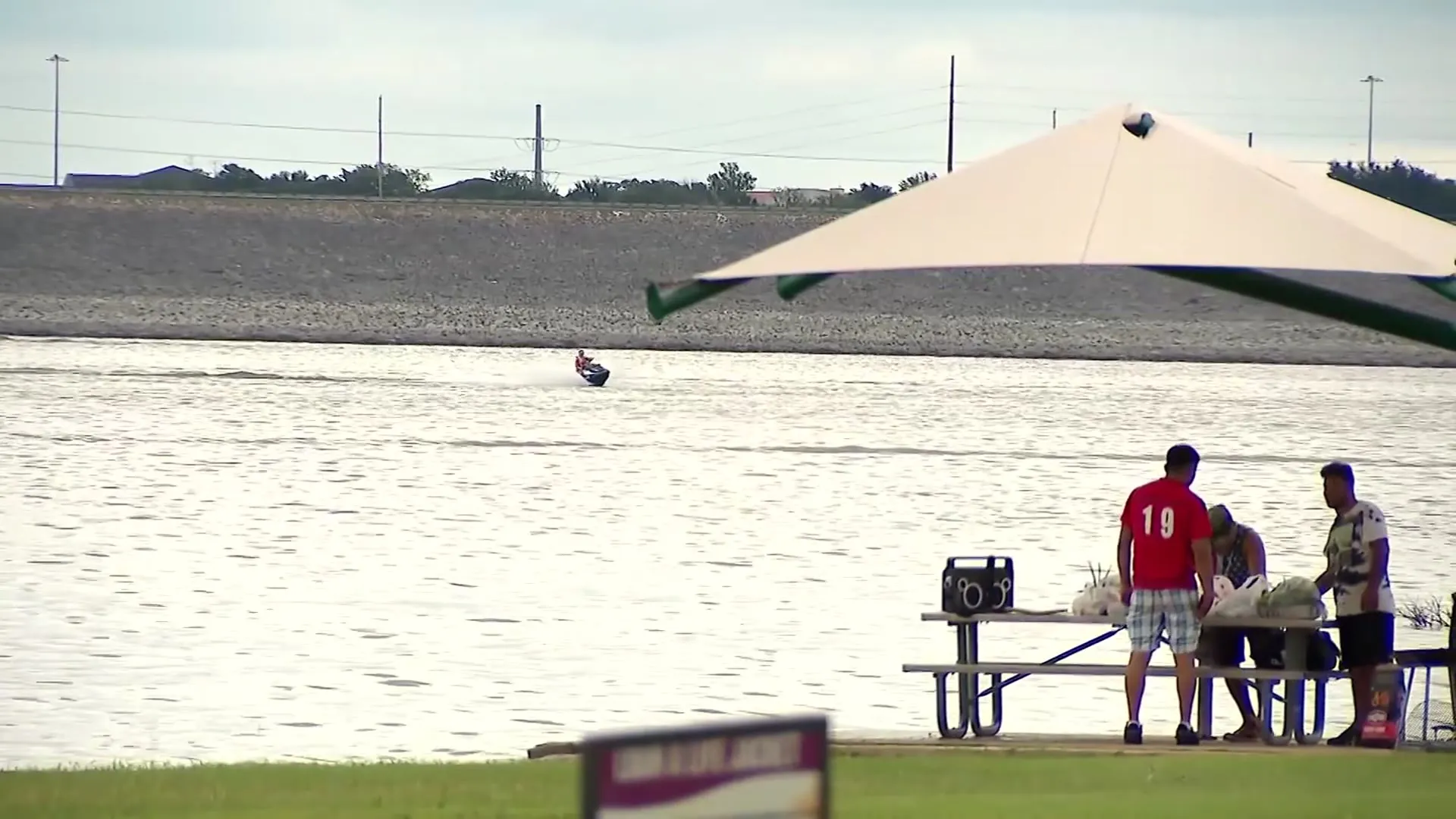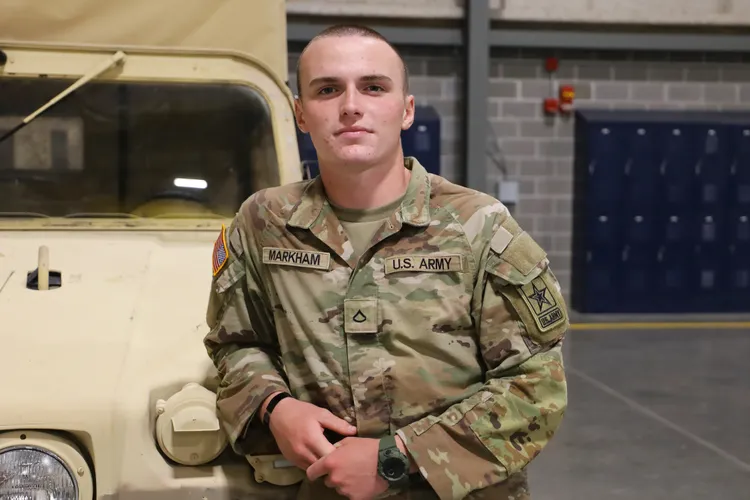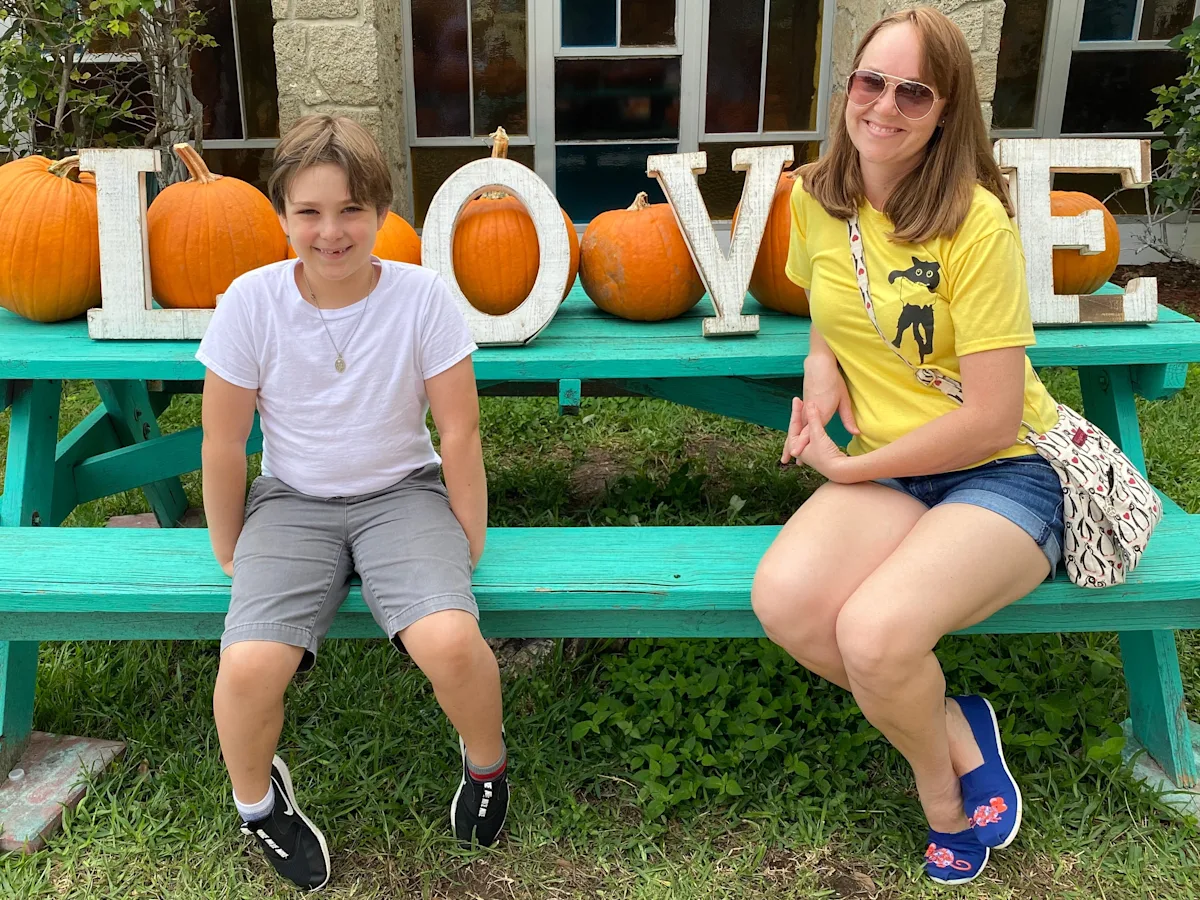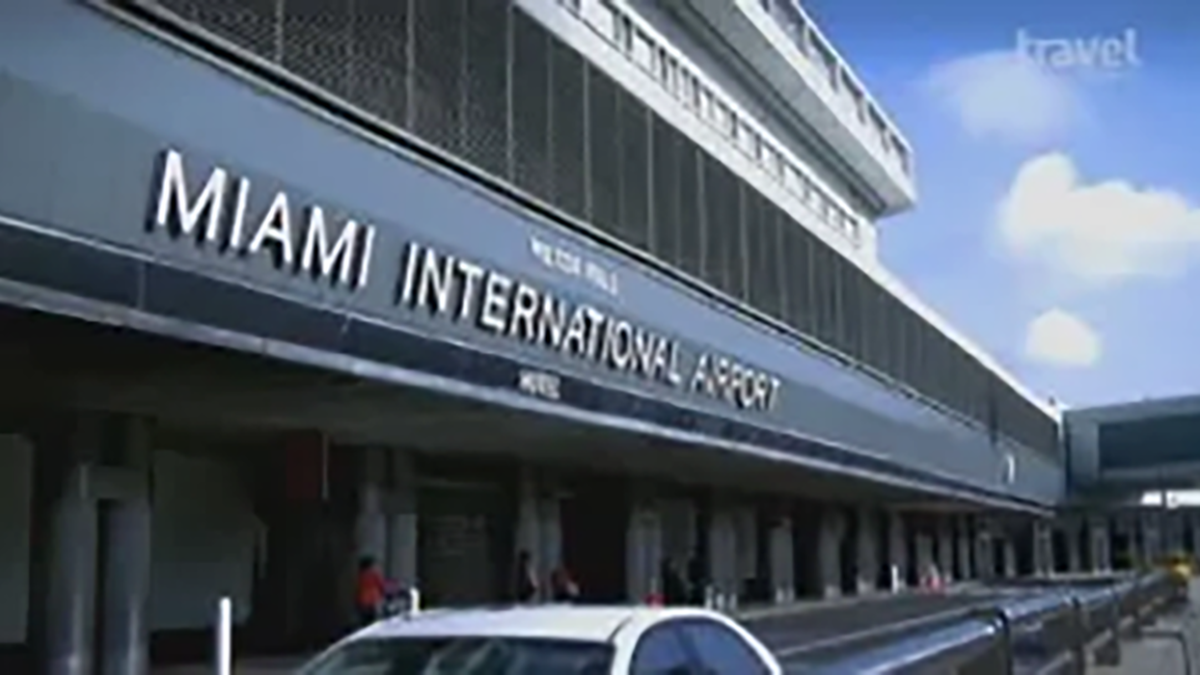Twenty years ago, Hurricane Katrina tore through New Orleans, uprooting lives and scattering families across the country. For Gary Valentine, a master barber now thriving in North Texas, that storm was a turning point. Fleeing with just two days’ worth of clothes, he landed in Dallas, a stranger in a strange land, and built a new home. His journey, like those of countless others who resettled after the disaster, is a testament to resilience, community, and the enduring spirit of New Orleans. As the 20th anniversary of Katrina looms, Valentine’s story reflects both the pain of loss and the strength to start anew.
A Devastating Exodus from New Orleans
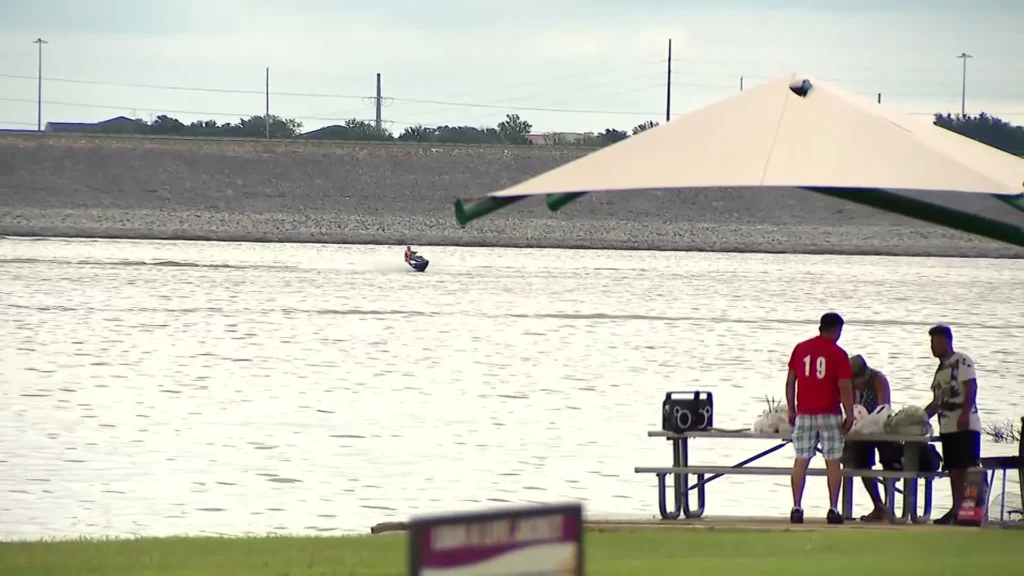
On August 29, 2005, Hurricane Katrina ravaged New Orleans and the Gulf Coast, forcing an estimated 1.5 million people to evacuate Louisiana. The storm, one of the deadliest and costliest in U.S. history, claimed nearly 1,400 lives and caused over $125 billion in damages. As levees broke and floodwaters consumed the city, residents like Gary Valentine faced a stark choice: stay and risk everything or flee with nothing. Valentine chose the latter, packing two days’ worth of clothes and heading west on Interstate 20. “I just went on 20 and came straight to Dallas with two days’ worth of clothes and no supplies,” he recalled, his voice carrying the weight of that moment.
The exodus was chaotic, with families separated and communities shattered. Many, like Valentine, landed in North Texas, which became a haven for more evacuees than any region outside Louisiana. The journey was not just physical but emotional, as survivors grappled with the loss of homes, livelihoods, and a way of life.
Rebuilding in a Strange City
Arriving in Dallas, Valentine faced the daunting task of starting over in a city that felt foreign. “A strange city he didn’t expect to call home,” he said, reflecting on those early days. Yet, over time, Dallas became more than a temporary refuge—it became a “home away from home.” Valentine’s barber shop, Positive Vibe, stands as a beacon of his resilience. Adorned with New Orleans memorabilia, the shop is a love letter to his roots, filled with pieces that remind him of the vibrant culture he left behind.
His story mirrors that of many Katrina survivors who rebuilt in North Texas. From barbers to teachers to restaurateurs, evacuees brought their talents and spirit, enriching their new communities. Valentine’s ability to transform a strange city into a place of belonging speaks to the adaptability and grit that defined so many survivors’ journeys.
Carrying New Orleans in His Heart
At Positive Vibe, Valentine keeps the spirit of New Orleans alive. The shop’s walls, lined with mementos, tell stories of Mardi Gras, jazz, and the resilient soul of the Crescent City. “If you can make it in New Orleans, you can make it anywhere,” Valentine said, a nod to the city’s indomitable spirit. His work as a barber is more than a trade—it’s a connection to the community he lost and the one he’s built. Each haircut, each conversation, carries the warmth and camaraderie of his hometown.
This sense of cultural preservation is common among Katrina evacuees. Many, like Valentine, hold tight to traditions—food, music, and stories—that keep New Orleans close, even 500 miles away. In North Texas, restaurants like The Pelican House, owned by another evacuee, Louis Rainey, serve as gathering spots for those with roots in the 504 area code, blending Louisiana soul with Texas heart.
A Community’s Shared Resilience
Valentine’s story is one of many in North Texas, where an estimated 230,000 Katrina evacuees sought shelter in the storm’s aftermath. The region became a hub for rebuilding, with survivors like Darlene Dunnaway and Terrell Warren also making their mark. Dunnaway, who fled with 17 family members, now shares stories of New Orleans with her grandchildren in Lewisville, keeping their heritage alive through food and memories. Warren, a DeSoto teacher and musician, channels his experience into his trombone, playing notes that bridge his past and present.
These stories highlight a collective strength. “One thing about New Orleans folks is that wherever we are, we’re connected,” said Rainey, whose restaurant fosters that bond. The resilience of these evacuees has not only reshaped their lives but also enriched North Texas, creating vibrant pockets of culture that endure two decades later.
Looking Back, Moving Forward
As the 20th anniversary of Hurricane Katrina approaches, survivors like Valentine reflect on both loss and triumph. The storm took homes, possessions, and, for many, loved ones, but it couldn’t extinguish their spirit. “Right now, it’s not so strange, and it’s a home away from home,” Valentine said of Dallas, capturing the duality of his journey. His shop, Positive Vibe, stands as a testament to his perseverance, a place where he cuts hair, shares stories, and keeps New Orleans alive.
The broader legacy of Katrina is one of lessons learned and challenges unmet. The storm exposed vulnerabilities in disaster response and infrastructure, prompting reforms but also highlighting ongoing gaps. For Valentine and others, the focus is personal—building lives that honor their past while embracing the future. As North Texas continues to be a home for Katrina’s diaspora, their stories remind us of the power of resilience and the enduring pull of home, no matter how far away.

